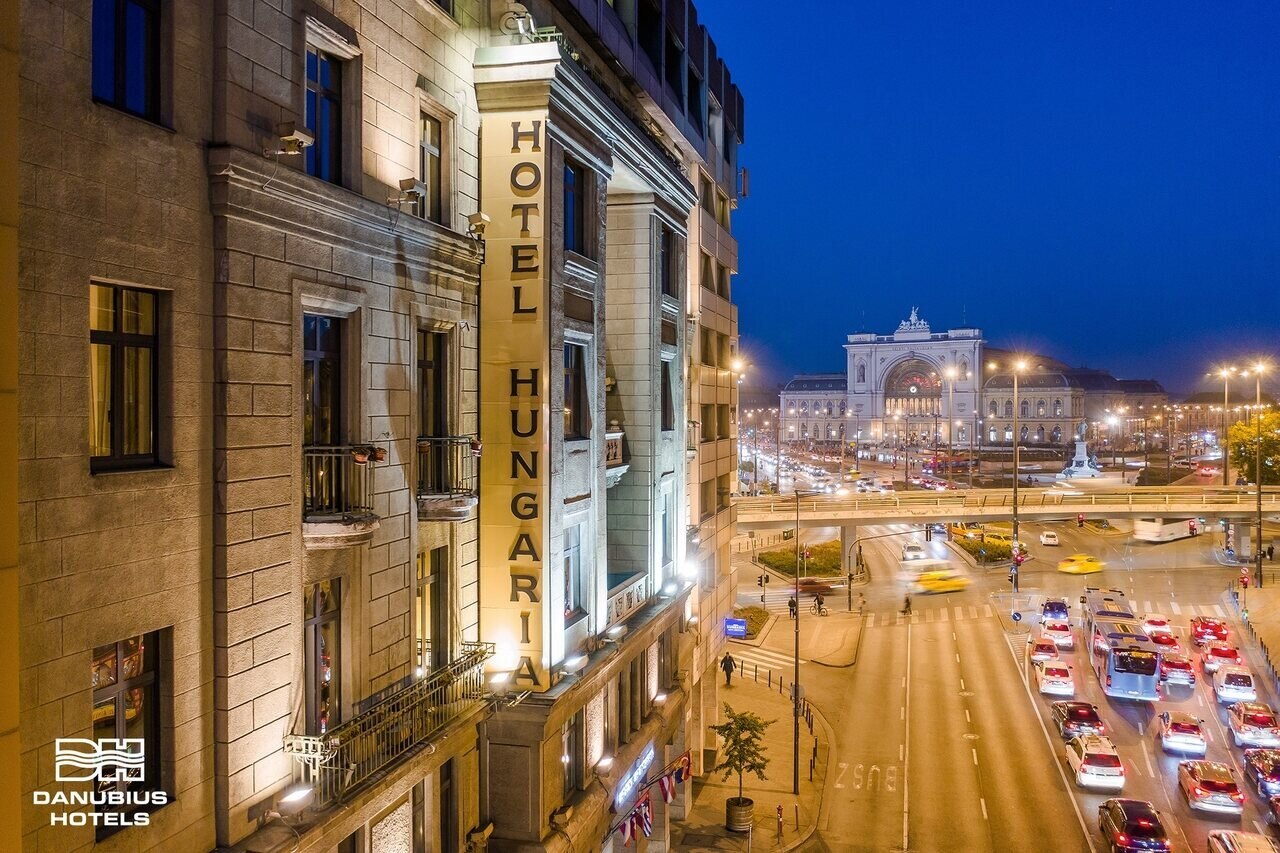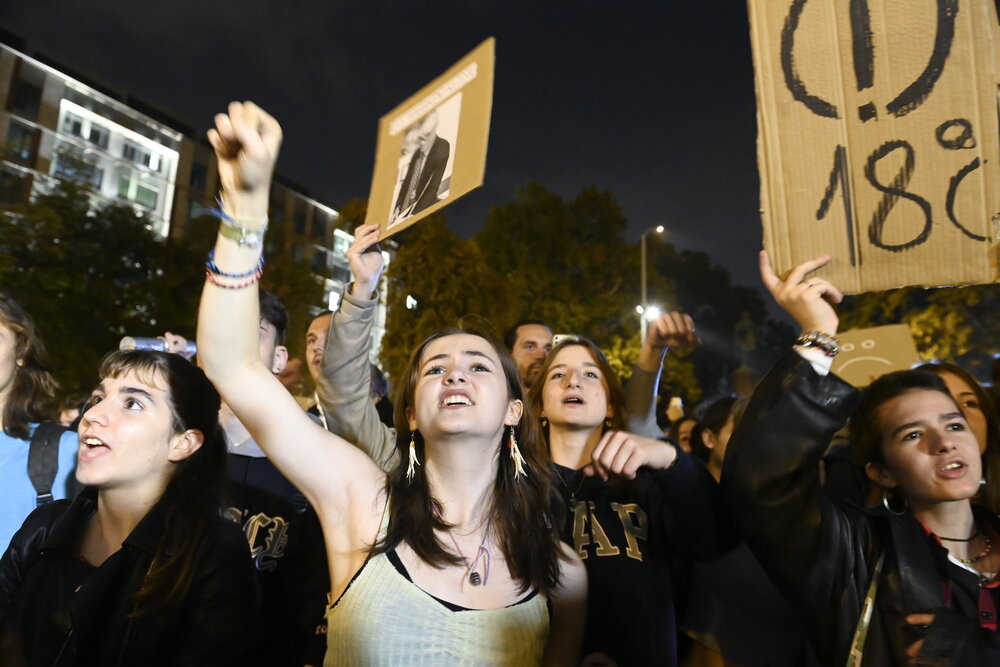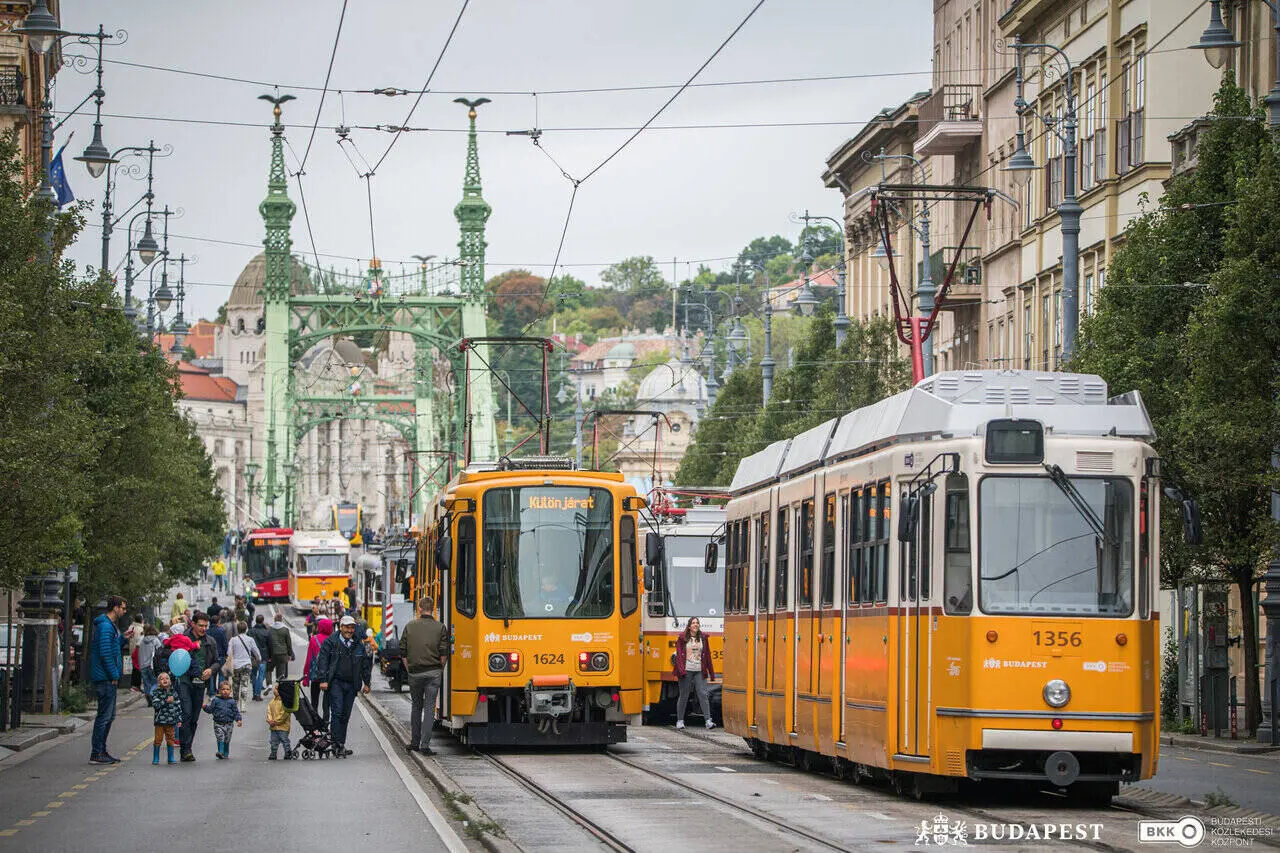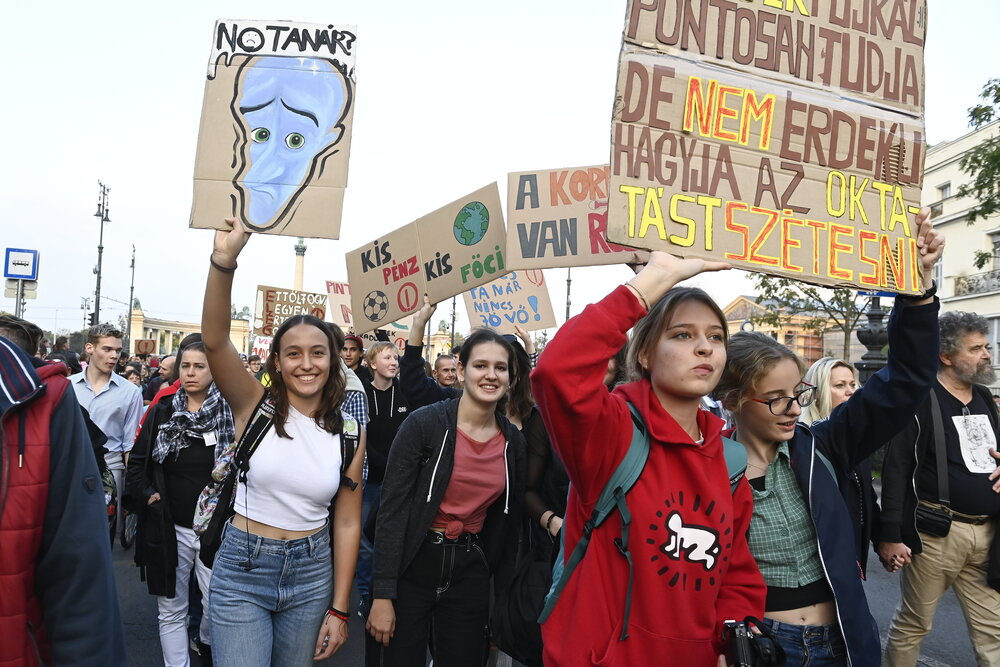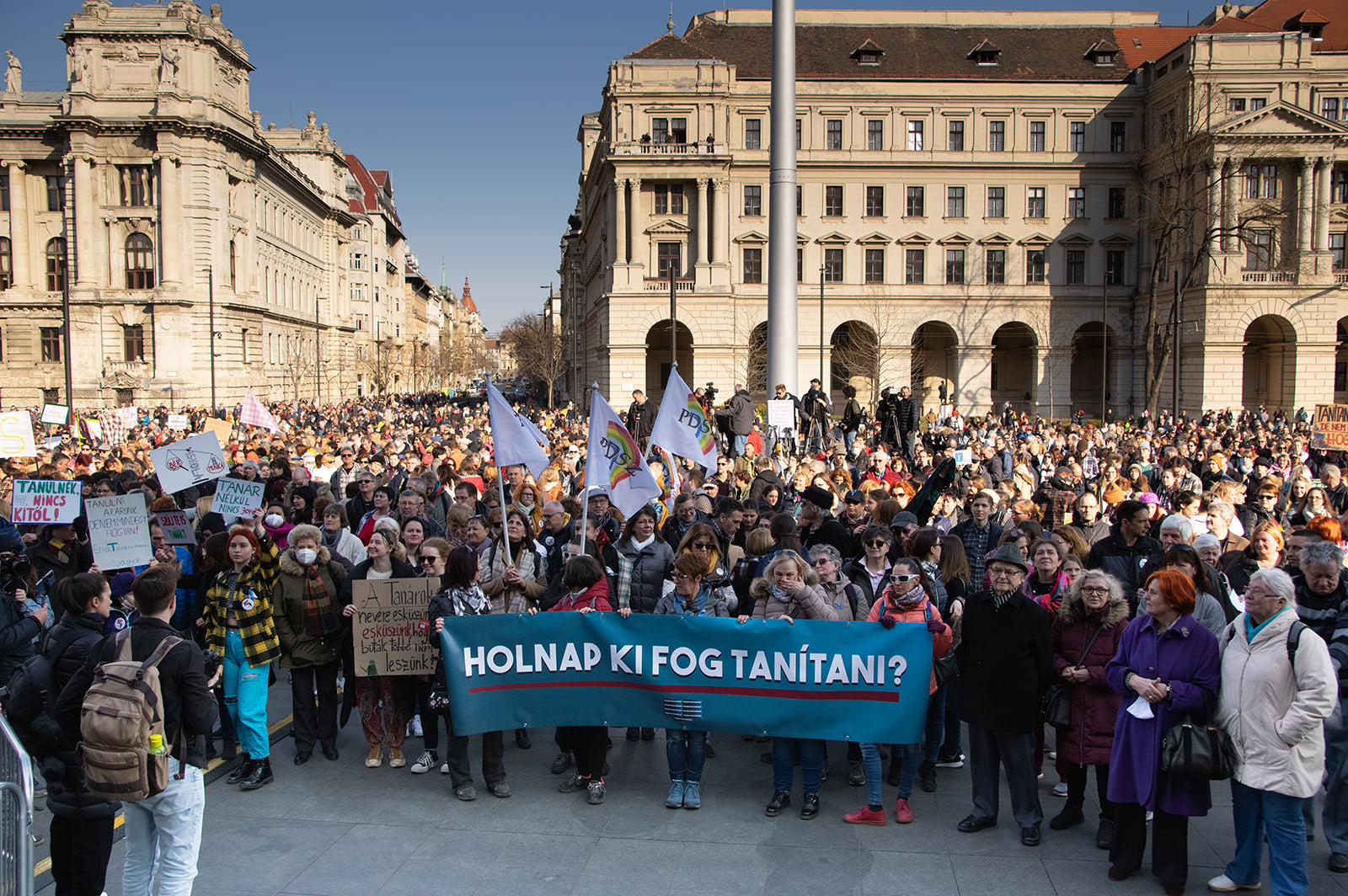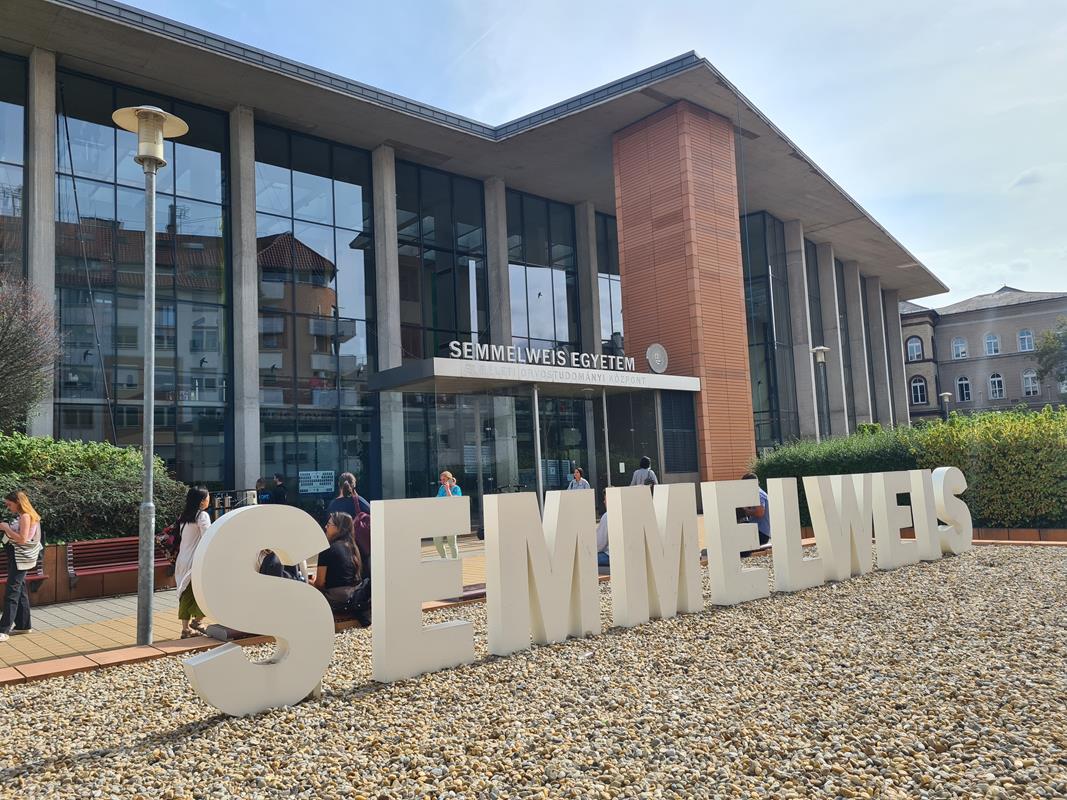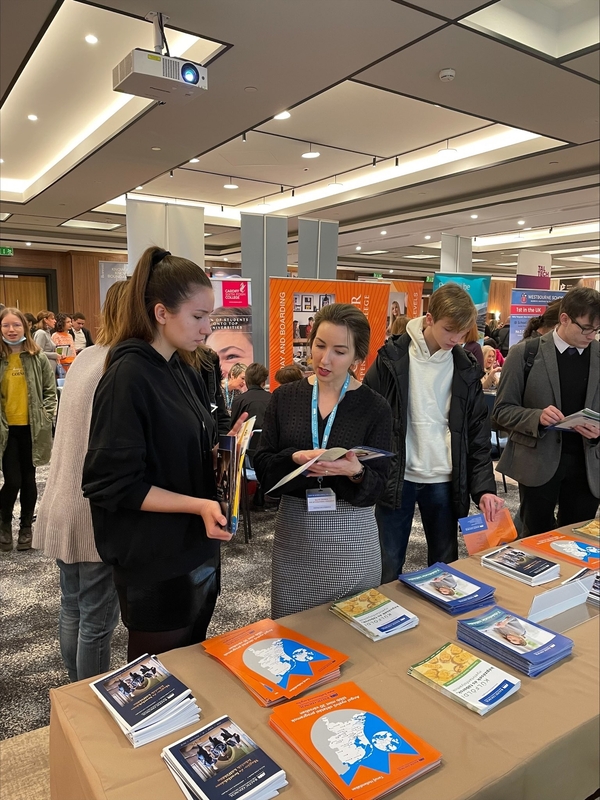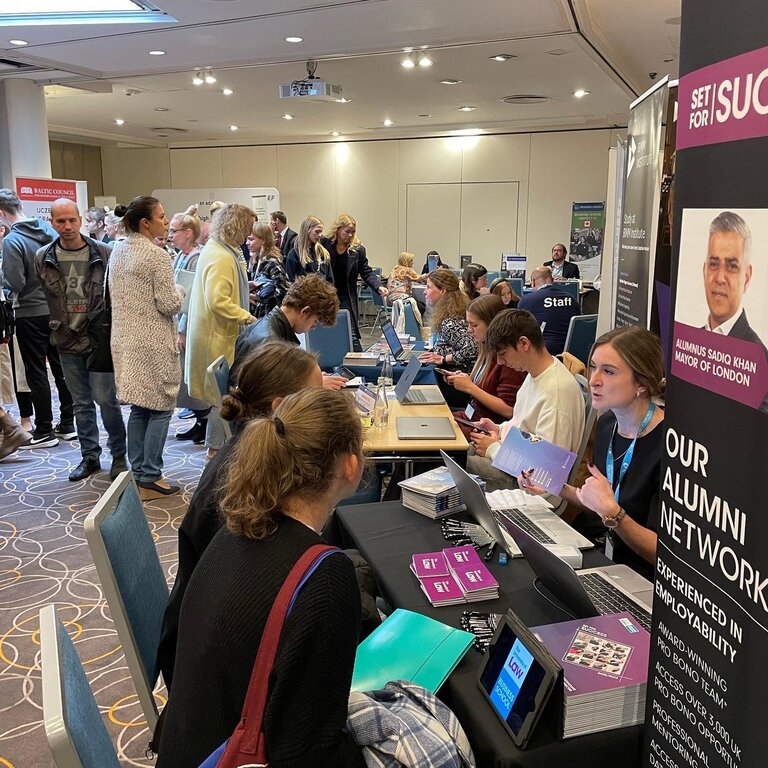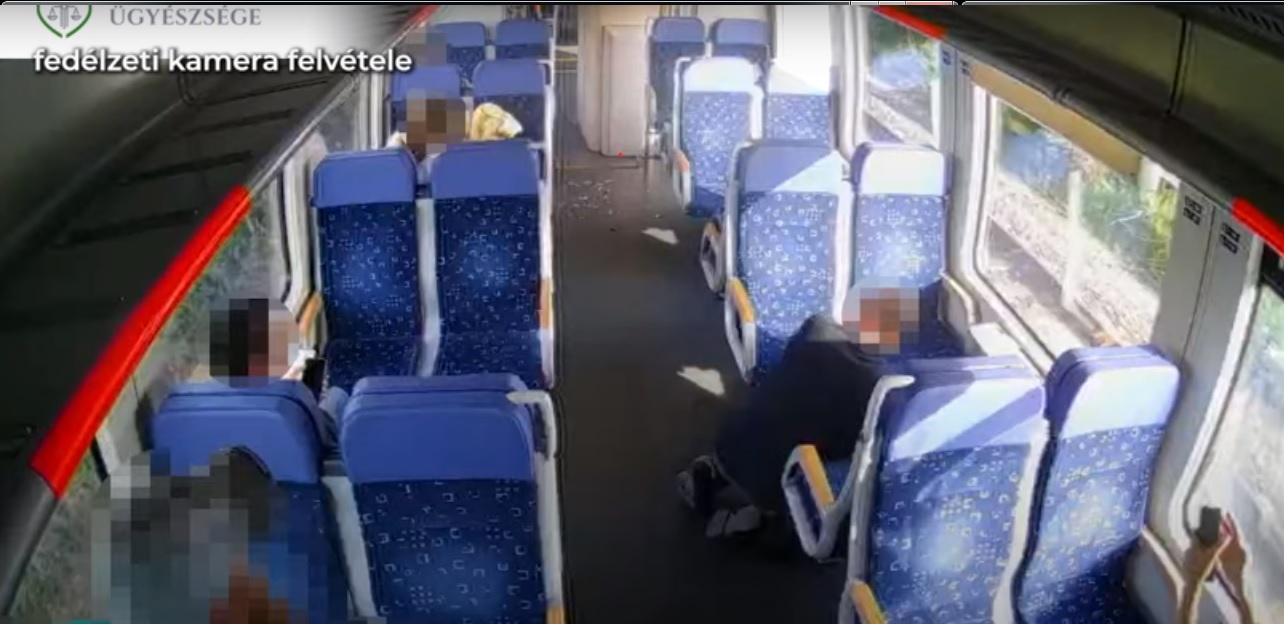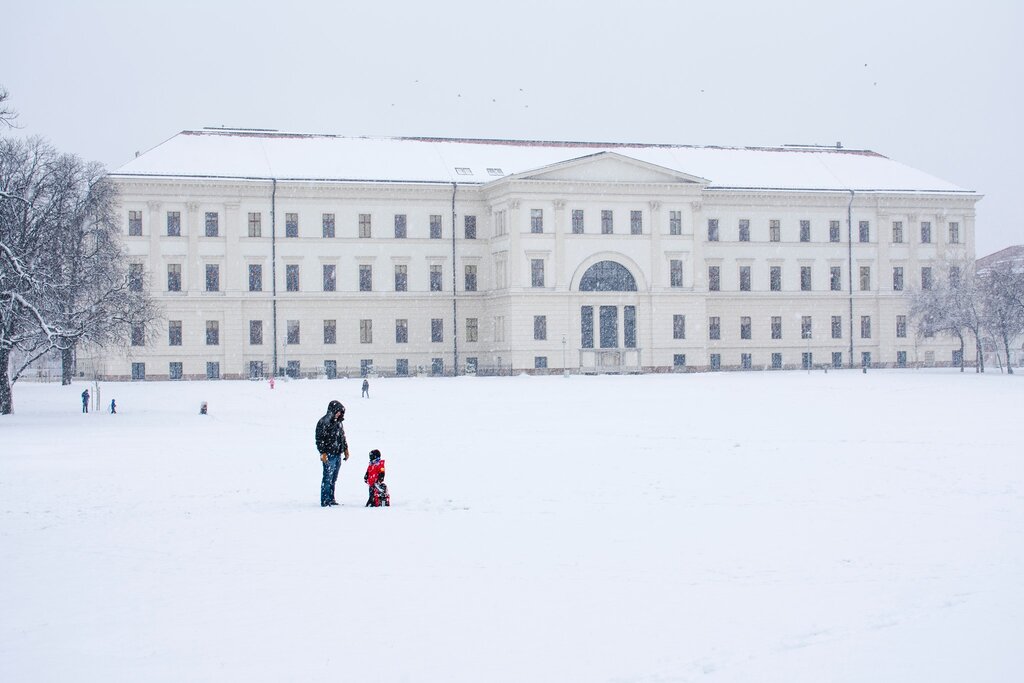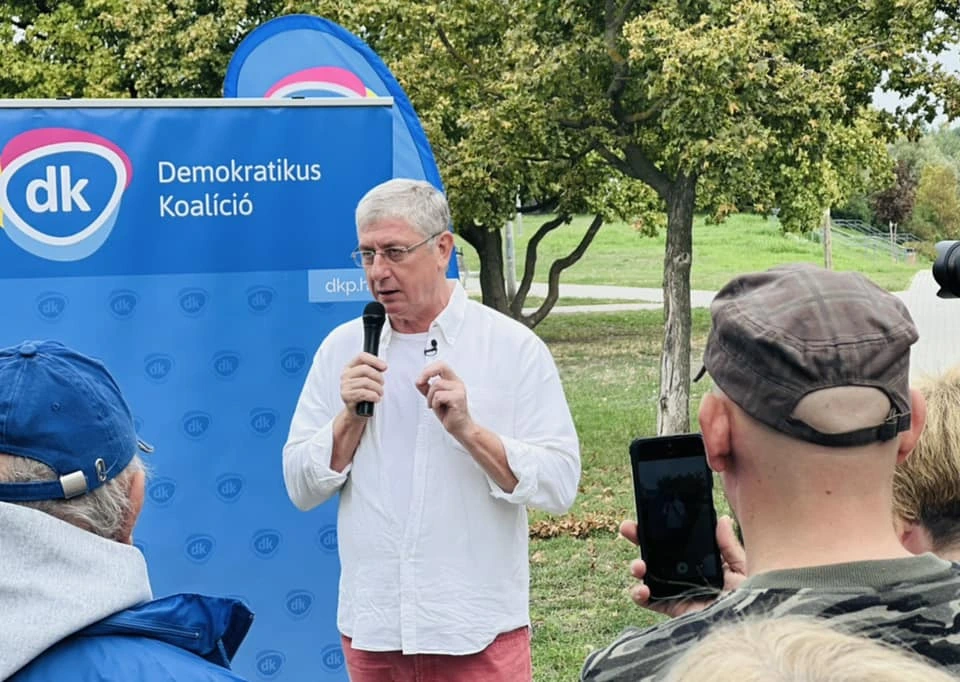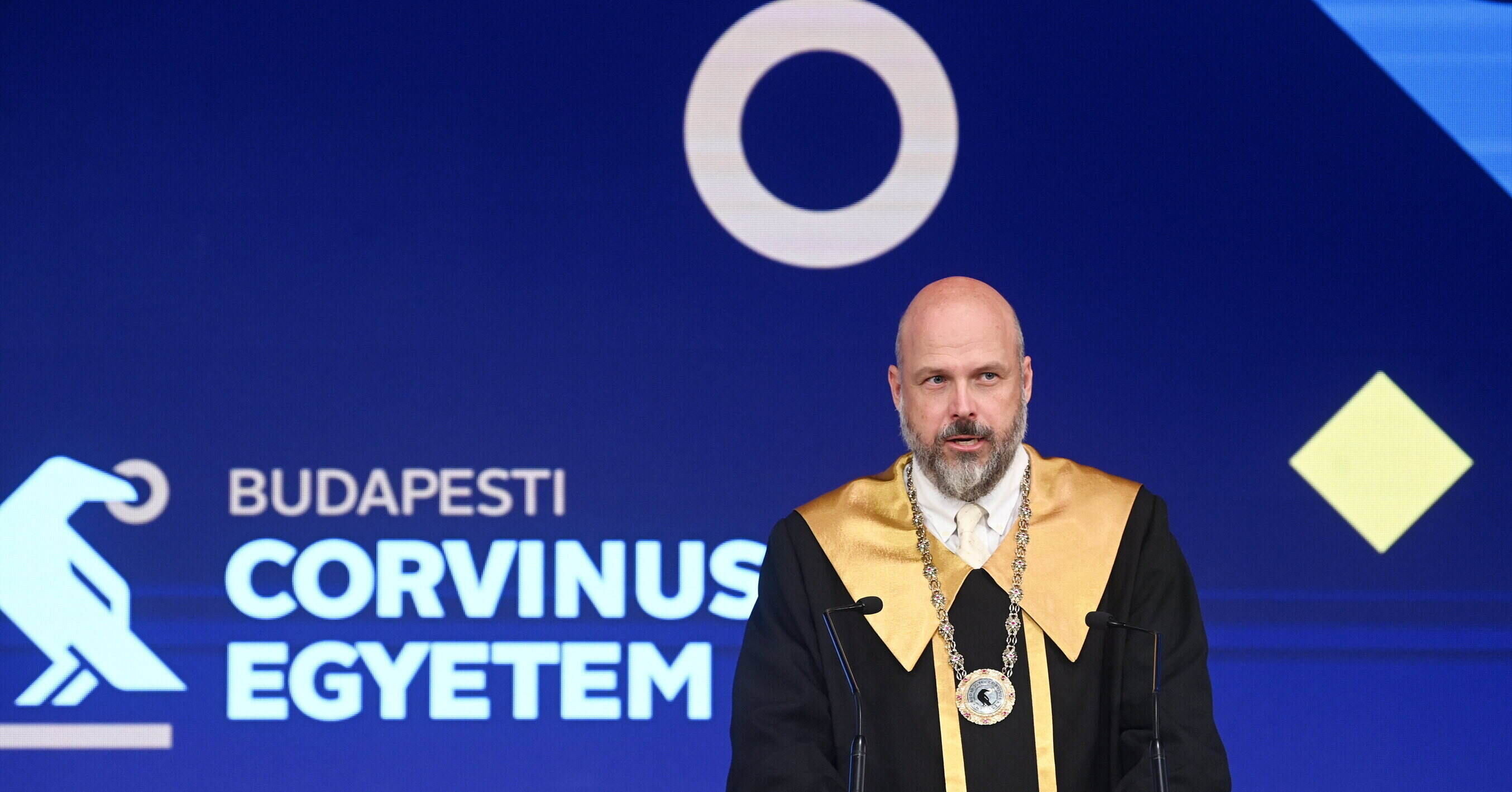We have asked our readers about various aspects of parenting as an expat in Hungary and they were kind enough to give us a thorough inside. Here are three stories from expat mums living in Hungary on their initial struggles moving here, experiences with the local health care system and general view on education. We have also touched on the topics of racism, dealing with a language barrier and creating a social circle.
Barbara (39) – Colombia
“I’ve been living in Hungary for almost 10 years now. I met the love of my life back in my hometown, Cartagena. After a few months of a long-distance relationship and several visits to Budapest, I decided to extend my vacation for a lifetime. Once we found out that we were expecting, 8 years ago, we decided to do the entire journey with the public system and opted for Szent János Kórház (Saint John Hospital) in the 12th district. And I couldn’t wish for a more fantastic experience! Even though I had a high-risk pregnancy, I kept my calm throughout the whole time thanks to the lovely and professional nurses. I even made a lifelong friend in one of the Spanish-speaking doctors. I was treated with great care and respect even at the time of the two false labour alarms. I had a nice labour room with a jacuzzi, a well-equipped bathroom, a sound system and a pilates ball; overall it was very calming. I communicated with the staff members either in English or by using sign language plus Google translator.
What I like about Hungary is that it’s a very safe, green and family-oriented country. We didn’t have to go broke to give birth in a pricey private hospital nor sell all our belongings just to make ends meet with a baby. You can go all around the city with a stroller as the pavement is in good condition. I’m still trying to find cons. So far, I have no personal experience with the education system as my son is currently home-schooled.
When it comes to socializing, I have a huge need for it. I consider myself lucky as I’ve got a big circle of friends who support me at all times. I did try to reach out to expat mums though as my Hungarian friends have older children. I’ve managed to find some Brazilian mums and we regularly organise playdates.
If you ask whether we have ever experienced racism in Hungary, I can give you a mixed answer. My son has luckily never been the subject of bullying, however, as I have brownish skin I’m often taken for a gypsy. Nevertheless, I can’t judge the entire nation just for some idiots. Most Hungarians tend to be super nice to me.”
Read more: The 5 biggest culture shocks our expat readers faced in Hungary
Sophie (45) – United States
“I moved to Hungary because my husband is Hungarian-American and we wanted our kids to speak Hungarian. Plus, there are things I like better about living here compared to the US. We also opted for Hungary because education is much cheaper here than back in the States.
We have three kids and our youngest daughter was born in Budapest. I picked an English-speaking doctor who had one of the lowest C-section rates and was pro-natural birth. Same for the midwife, both of them were lovely and listened to all my wishes. My issue was that I gave birth during the toughest part of the pandemic so I found myself alone with the baby for 3 days at the hospital and the nurses didn’t speak English so I hated my stay. I felt very lonely and abandoned by the staff. There’s a lot of room for improvement in terms of warmth and hospitality. I also wanted to speak to a lactation consultant while there but there was no one available.
Talking about initial struggles.. Well, finding the right kindergarten and school took a lot of research. We’ve opted for private education and have been very happy with our choices. I’ve heard that traditional Hungarian kindergarten makes all kids take a nap during the day, which would’ve meant my youngest would’ve been up half the night as she dropped her naps early. Also, Hungarian kids don’t really have long school days until they’re older, which must be really difficult for working parents to navigate.
There is a crazy bureaucracy with government paperwork and the staff is often unfriendly. I also had to get used to accepting the more limited and lower-quality food options. The public medical system is just sheer awful.
I do love that Hungarians are so family-friendly, much more so than in the US. Even at the airport, you feel looked after when you have small children. On the other hand, I dislike being judged for not wrapping my children up in hats, scarves, snowsuits and/or 14 layers of wool as soon as the temperature drops below 57°F (14°C). I miss certain opportunities that are widely available in the States but come at such a premium here, such as sports activities like swimming and gymnastics.
We have a mixed circle, both local and expat friends. As long as my kids were dressed to their approval the community was welcoming. I haven’t experienced racism. A lot of things are harder to navigate as a non-Hungarian who doesn’t speak the language well, and I occasionally feel some dislike, but not to the level of discrimination. I’m white so, I guess, they just take me for a Hungarian, at first.”
Yashma (32) – Pakistan
“My husband and I moved here 7 years ago. I gave birth in a public hospital that was really in need of renovation. The medical personnel was attentive but didn’t speak much English. What is it like living in Hungary with a child? For pros, I would say that it feels like there’s reasonable cultural respect for having a family, in terms of attitudes from people when I was pregnant / am out with my daughter. People always offered a seat on public transport when seeing my belly. Another positive thing to mention is that children are still children here, and aren’t old before their time. As for cons, as we are non-EU citizens, we have to pay a huge amount of money for a baby TAJ card (the Hungarian health insurance card). Even if you visit a private doctor quite often, still it seems a cheaper option compared to the TAJ card fee. Without a TAJ number, you don’t get government support. Of course, even when going to the district doctor for the monthly healthcare checks or vaccinations, we pay.
After 5 long years living in Budapest, now I can say that I have a steady local circle. Before kindergarten, it was mainly international. Facebook expat groups can be also helpful to meet like-minded people and other mums who have kids of similar age.
As a Muslim mother who wears a hijab, I wouldn’t say I have experienced something nasty since I have been living here. I do get some stares from time to time on the tram 4/6. The only thing that bothers me though is the locals’ general unwillingness to make an effort when I encounter a language barrier. It happens mostly when I have to deal with public services such as Kormányablak, tax authority, etc. I believe for 3rd country nationals, these things are even more complicated, especially as all the official documents have to be translated into Hungarian. Also, for example, I was not allowed/approved to take a loan because I am not a citizen nor do I have permanent residence. However, I understand the merits of why they are not allowing it – or why it takes so many layers of approval.”
Read more: What do foreigners really think of Hungary?



